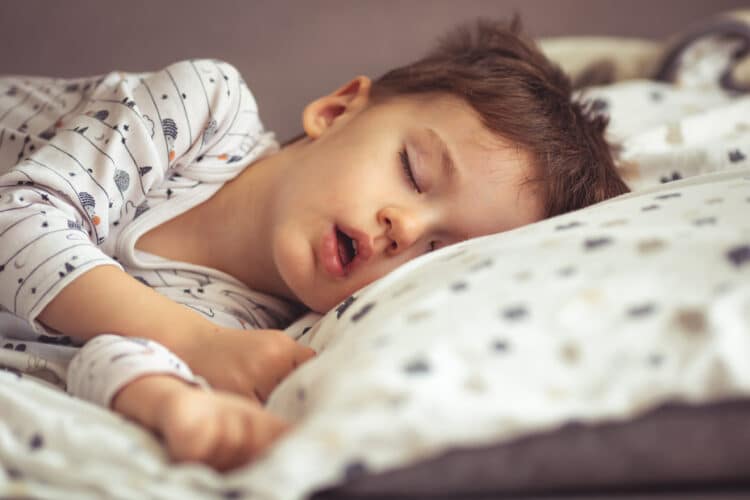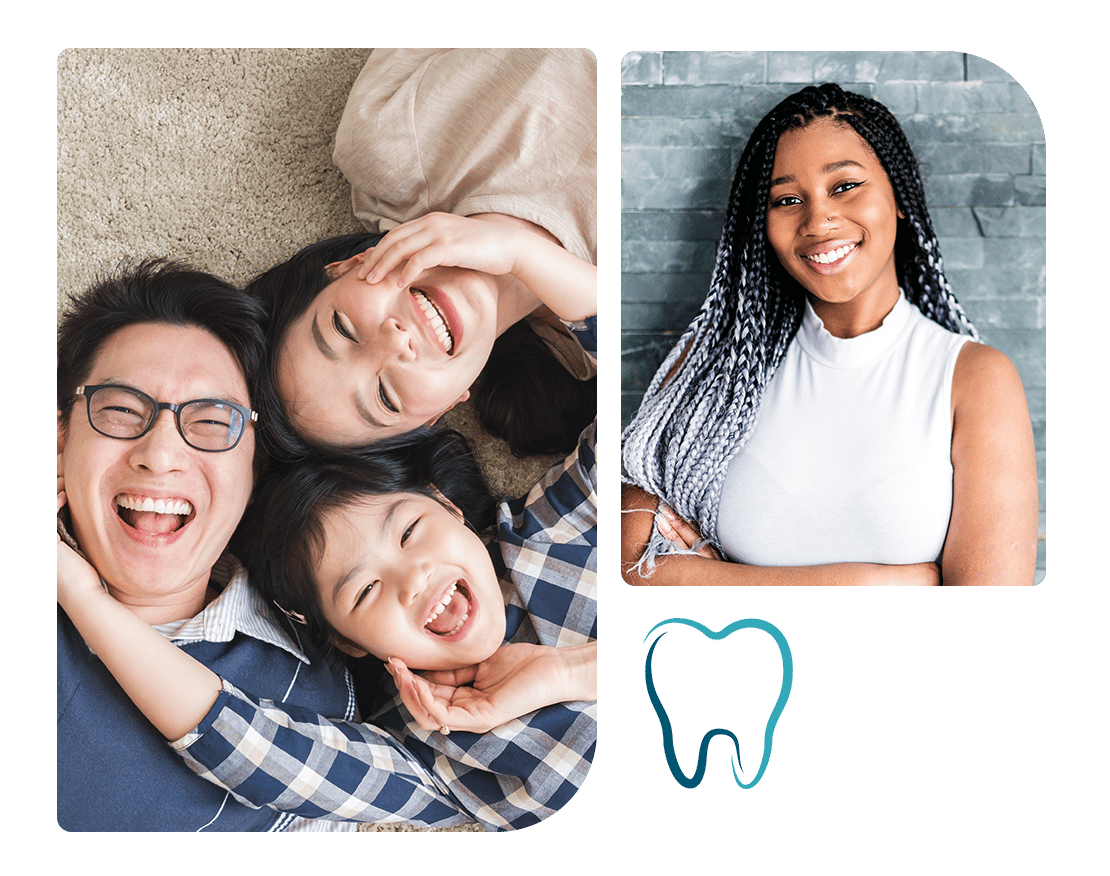SLEEP APNEA IN KIDS
Ensuring Children Breath Properly

Sleep apnea is a sleep disorder in which a complete or partial blockage of airways disrupts normal breathing patterns during sleep. It has a significant impact on oral health and can be detrimental to overall health. Children should not snore or breathe with their mouths open. As a matter of fact, twenty percent of children who snore have sleep apnea. Up to four percent of children have sleep apnea, but it is more difficult to detect in kids than in adults.
In addition to leaving children with general sleep deprivation resulting in exhaustion, difficulty concentrating at school, irritability and hyperactivity, sleep apnea affects their oral health. Sleep apnea has a moderate to severe connection to gum disease and temporomandibular joint disorders (TMJ or TMD). TMD leads to worn, cracked or broken teeth, pain when chewing, chronic headaches, neck and shoulder pain.
Symptoms of Sleep Apnea in Children
Snoring is not the only symptom of sleep apnea in children and sometimes a child may not snore at all. A child with sleep apnea may have any of the following symptoms:
How The Dentist Can Help
The dental effects of sleep apnea are so common that often the dentist will be the first one to spot the signs of sleep apnea. Since a dentist has specialized training on the oral cavity, they can tell diagnose different issues with dental and overall health by merely checking the child’s mouth. Taking your child for routine dental visits can help prevent serious health complications related to their sleep apnea By looking at the child’s jaw development, their behavior in the office, and asking the child and the parents a series of questions, the dentist can get a good idea of what happens while the child is sleeping.
If a child is deemed high risk for sleep-disordered breathing, we will refer your child to a physician for a definitive diagnosis. After a diagnosis of sleep apnea, the child’s sleep physician may refer the patient back to the dentist for treatment. Dentists are in a unique position to provide certain therapies that are especially helpful to children with sleep apnea.
Dental Therapy For Children With Sleep Apnea
Visit Us
Monday – Thursday
7:00 AM – 4:00 PM

